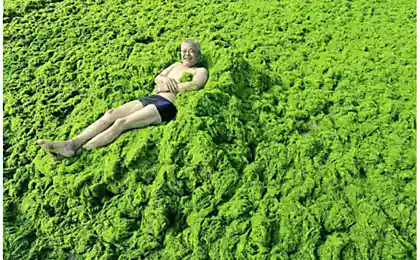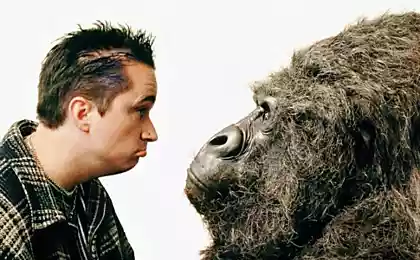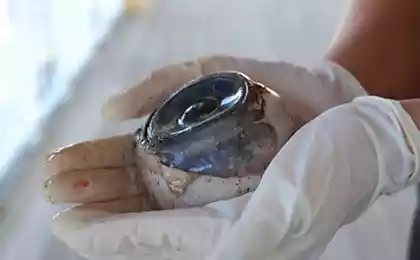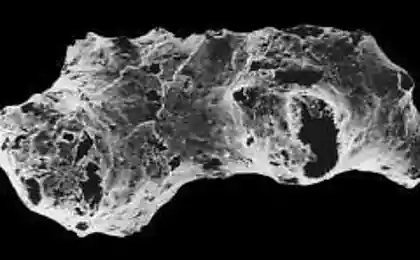368
Scientists stress acts differently on different organisms
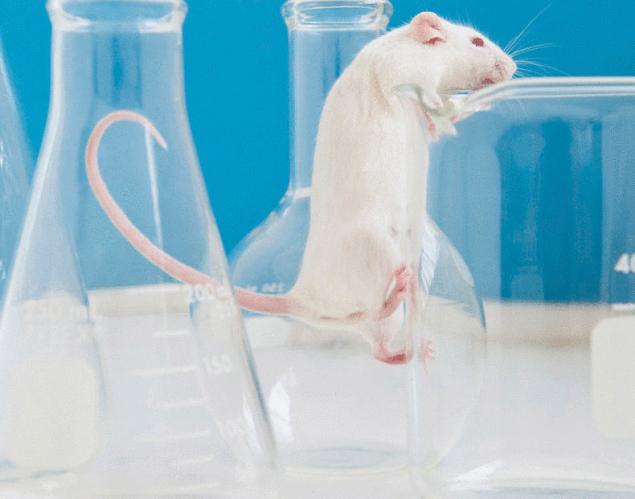
Researchers at the Rockefeller University identified molecular mechanisms that influence susceptibility to stress in mice.
Doctors are confident that this will lead to a better understanding of the development of mental disorders, anxiety and depression. One of the authors of the study Bruce McEwen says, "Like people, each animal has a unique experience that runs through his life. And we suspect that these life experiences can change gene expression and, consequently, affect the susceptibility of animals to stress." The Professor added: "We have taken an important step toward explaining the molecular origins of the different effects of stress, showing that mice react differently to stress: some get anxiety and depression, while others remain stable".
During the experiments, mice were daily subjected to various tests: changed the tilt of the cells, the cycles of day and night, and then conducted a series of tests on the display of depression and anxiety. The results showed that 40% of rodents showed signs of stressful behaviour, but 60% of the animals handled.
The researchers found that stressoustojchivye mice had fewer molecules of mGlu2 in the hippocampus. The decrease in the level of mGlu2, as a result of epigenetic changes that affect gene expression, in this case, the gene that encodes mGlu2. A reduction in mGlu2 important because this molecule regulates the amount of glutamate. It plays a crucial role in the transmission of messages between neurons in many important processes, and the violation of their optimal levels can lead to harmful structural changes in the brain.
As explained by one author Carla Nasca, " these results will guide professionals in the right direction, to detect the molecular signature in humans, as markers for certain types of depression. Our work can also lead to a new generation of fast-acting antidepressants."
Source: nauka24news.ru/




